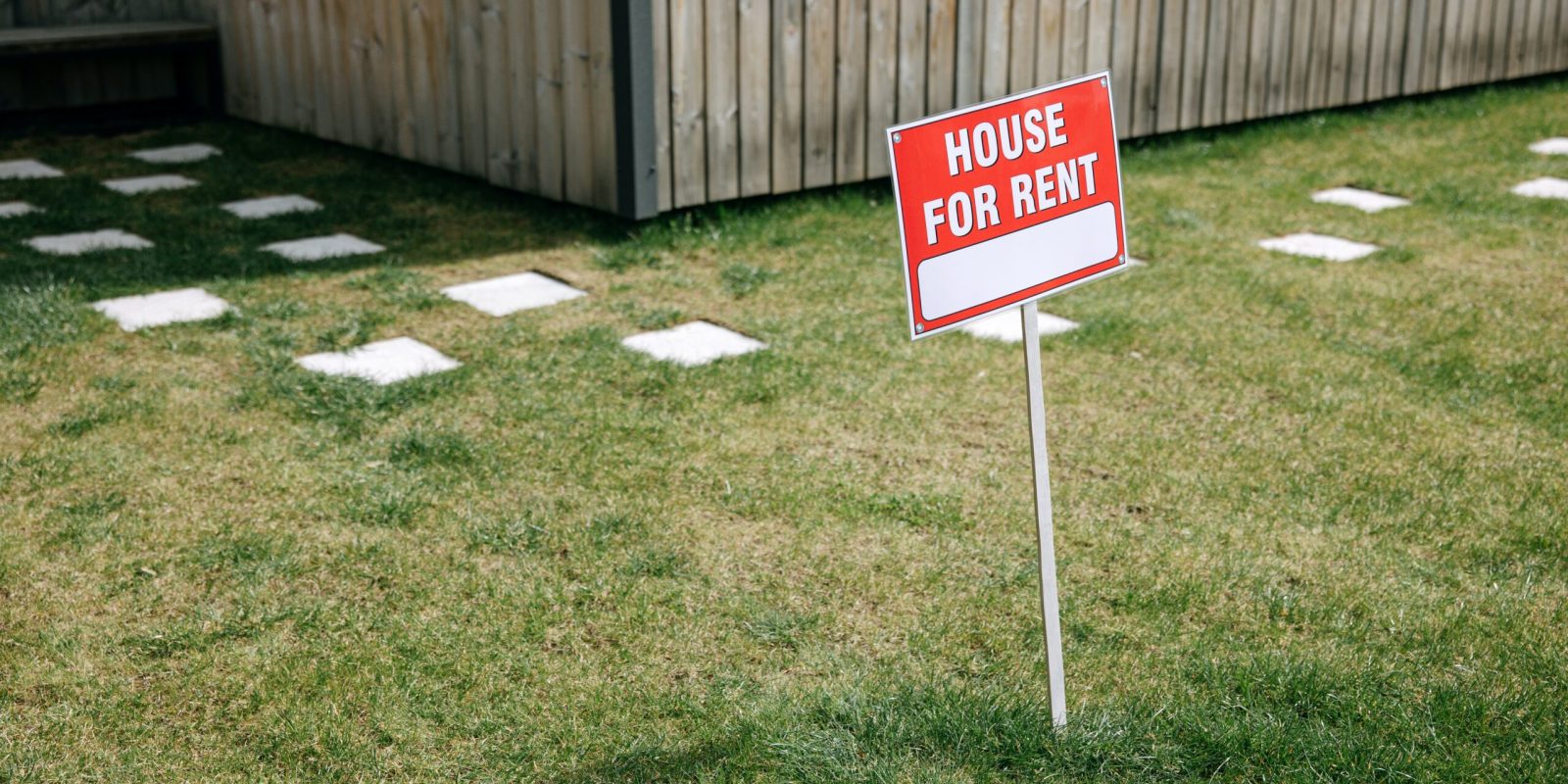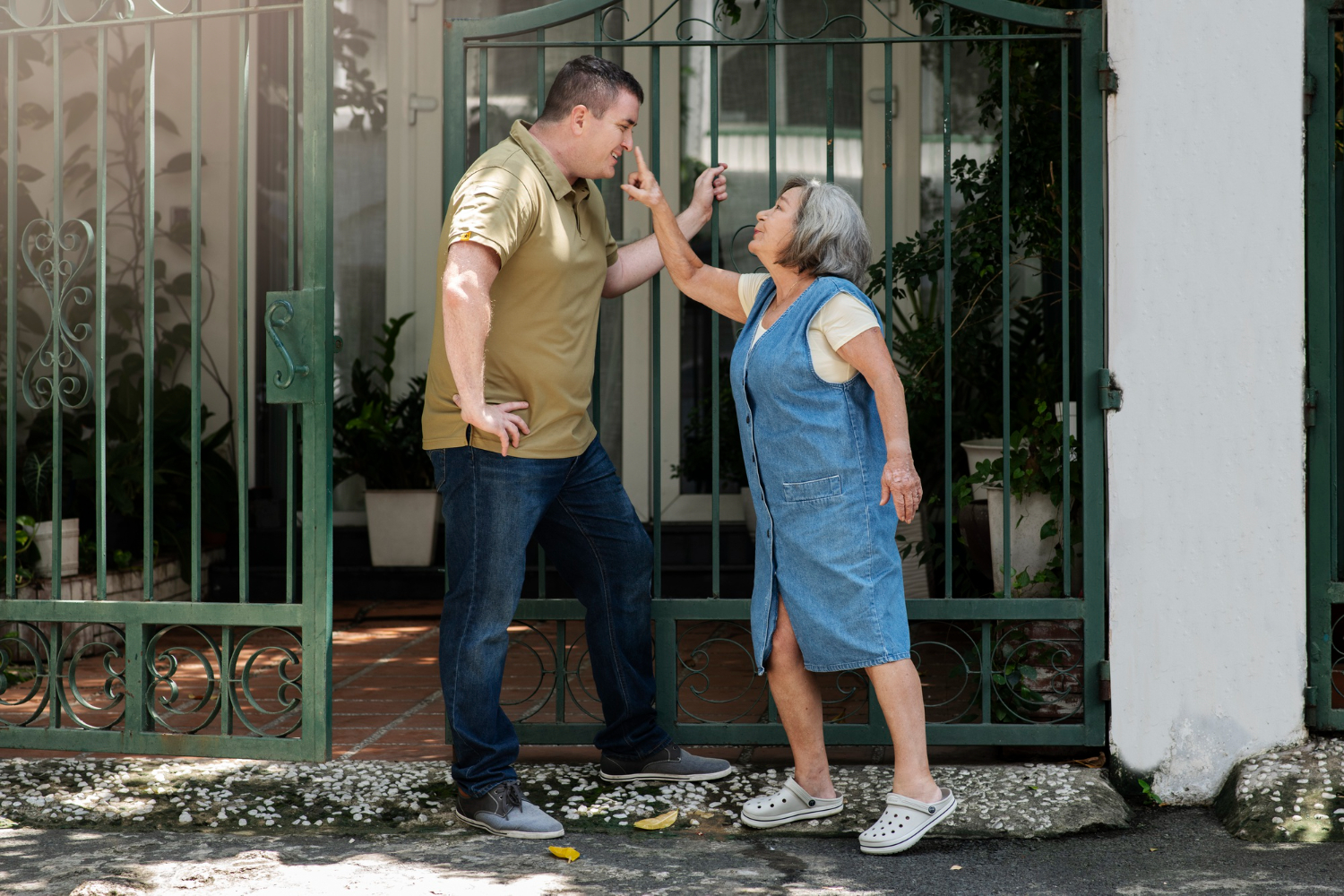As the popularity of short-term rental services like Airbnb continues to rise, many Homeowners Associations (HOAs) struggle to keep up. As a result, HOAs have been challenged to create new rules and regulations that protect residents while allowing homeowners to take advantage of the lucrative sharing economy market. But what do you need to know about these restrictions?
In this blog post, we’ll discuss some of the most common HOA restrictions related to short-term rentals in and how they can affect homeowners in an association here in Sacramento. Read on for more information!
Most Common HOA Restrictions Related To Short-term Rentals
One of the most common HOA restrictions related to short-term rentals is that they must be approved by the board of directors before they can begin operations. This approval process typically includes a review of the rental agreement, including any necessary documentation that proves proof of income and insurance coverage.
Additionally, many HOAs will require that homeowners provide additional information, such as a copy of their lease agreement or an inspection report from a professional, before allowing them to rent out their property. Another noteworthy restriction is that HOAs often limit the amount of time a unit can be rented for at one time. For instance, some associations may only allow rentals for up to two weeks or one month. This helps ensure that frequent renters do not take up too much space in residential areas and overburden resources like parking and trash collection services.
HOAs also frequently restrict the number of occupants allowed in each unit during a stay. Usually, this number is limited to four people per bedroom plus an additional two people, regardless of whether those extra guests are family members or visitors.
The association may also limit the total number of vehicles allowed on the premises during rental use, thus limiting noise levels and preventing overcrowding in common areas like driveways or parking lots.
Finally, many Sacramento area HOAs require property owners who wish to offer short-term rentals to carry a specific type of insurance coverage. This is usually referred to as host liability insurance, which protects against claims made by injured parties or other damages caused by tenants during their stay. Without this type of policy in place, homeowners could be held responsible for any losses incurred due to their guests’ actions during their stay, so it’s essential for all those renting out their homes through Airbnb or similar services to be aware of this requirement and make sure they have adequate coverage in place before opening up their properties for business.
How They Can Affect Homeowners In An Association
HOAs affect the homeownership experience quite a bit. For example, the restrictions HOAs put in place can limit how much homeowners can make from their short-term rental services and how many guests they can accommodate at once. This can greatly impact those who rely on these services for supplemental income or the extra space for family visits.
Another way HOA regulations impact homeowners is that they may be required to pay fees for more detailed inspections and paperwork processing before being allowed to rent out their properties. These fees can add up quickly and eat into any potential profits from short-term rentals, not to mention having to go through the hassle of additional paperwork when renting a property.
Owners may also find themselves (unintentionally) violating HOA rules if their tenants don’t follow all applicable rules and regulations. Fines and other penalties could be imposed if guests are found to be violating any part of the HOA’s code of conduct, such as noise levels or parking regulations. This could lead to a significant financial burden for owners, so they must know all applicable restrictions before renting out their properties.
Finally, HOAs often require certain types of insurance coverage for owners to be allowed to offer short-term rentals. Not only does this help ensure that the homeowner is adequately covered in case something occurs during the stay, but it also helps protect against any liability should a guest cause damage while using the property. Insurance policies vary depending on the type of coverage a homeowner needs or wants; however, there are typically different levels available based on factors like location and number of occupants per unit during each stay.
Final Thoughts
All in all, it is essential for homeowners looking to take advantage of the sharing economy market and offer short-term rentals to understand the rules and restrictions set forth by their local HOAs; however, it’s also important to remember that there are benefits for both sides when these guidelines are followed properly. By reviewing applicable regulations before renting out properties through Airbnb or similar platforms, property owners can ensure that their guests receive quality accommodation while providing protection from potential liability claims or damages incurred during stays.
Are you a Sacramento area HOA trying to find the balance between upholding a peaceful community while also growing and allowing your community to participate in short-term rentals? We’d love to help. Contact us today, and we can help you navigate a new set of challenges with the growing short-term rental market.






